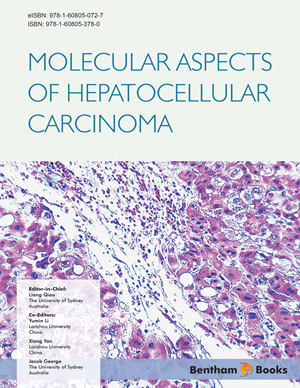Abstract
Hepatocellular carcinoma (HCC) is one of the major health problems worldwide. It was recently reported that systemic treatment with sorafenib, a multiple kinase inhibitor, for advanced HCC patients with mild hepatic impairment (Child-Pugh class A) significantly extends overall survival. These results highlight the importance of understanding the molecular pathways to hepatocarcinogenesis that can lead to improvement in treatment for unresectable HCC. In this article, we provide an update on the molecular pathways to hepatocarcinogenesis, focusing on the extracellular signal-regulated kinase [Erk: mitogen activated protein kinase (MAPK)], Wnt/β-catenin, apoptosis, transforming growth factor-beta (TGF-β), phosphoinositide-3-kinase (PI3K)/Akt, mammalian target of rapamycin (mTOR), nuclear factor kappa-light-chain-enhancer of activated B cells (NF-κB), Hedgehog, p53, cytokine and sex steroid pathways. Molecular targeted therapy against these pathways will shed new light on the treatment of advanced HCC patients.
Keywords: HBV, HCV, molecular pathway, Sorafenib, STAT3, VEGF.






















